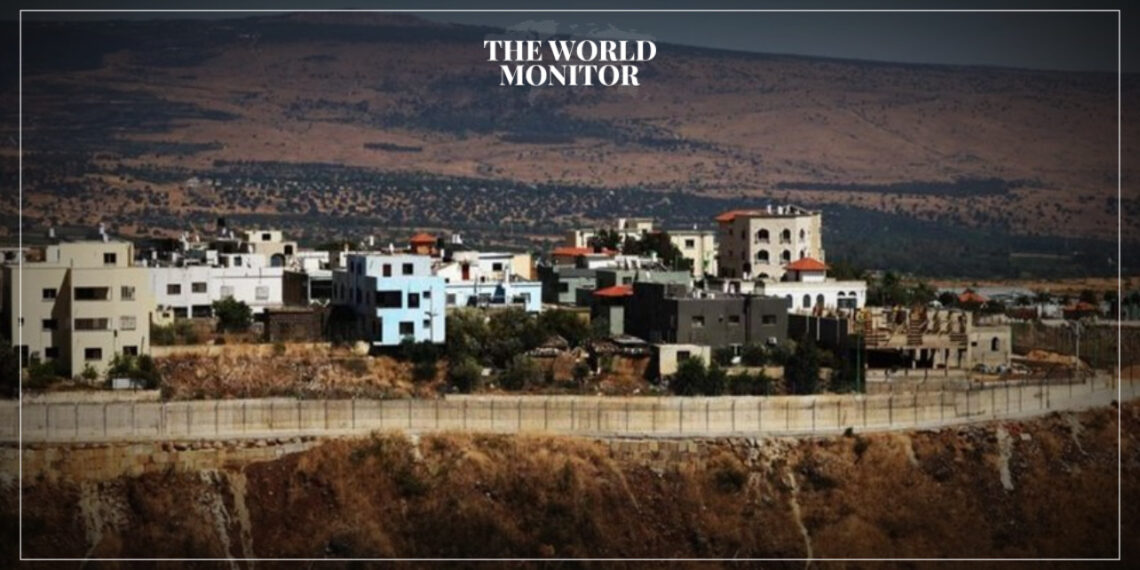An Israeli soldier was killed and several others were injured in the Upper Galilee, near Tel Hai, Israel,
after two rockets were fired from southern Lebanon, according to Israeli media reports.
The incident marks a significant escalation in the ongoing tensions along the Israel-Lebanon border.
In a related development, Al Jazeera reported that two rockets were launched towards an Israeli military position in the same region, further exacerbating the volatile situation.
The Upper Galilee is a strategically important region located in the far north of Israel, near the border with Lebanon. It has long been a hotspot for clashes between Israeli forces and militant groups, including Palestinian factions and Hezbollah, the powerful Lebanese Shiite militant group.
The region’s proximity to Lebanon, combined with its rugged terrain, has made it a focal point for cross-border military activities and rocket attacks.
For decades, the Israel-Lebanon border has been a flashpoint for violence, particularly since the 2006 war between Israel and Hezbollah. While both sides have engaged in sporadic military skirmishes over the years, the use of rockets to target Israeli military positions signals a potential shift towards a broader escalation.
Hezbollah, which operates from southern Lebanon, has a history of launching attacks on Israeli targets in response to Israeli military operations or perceived threats.
While no group has claimed responsibility for this particular incident, the firing of rockets from southern Lebanon suggests Hezbollah or allied Palestinian militant factions may be involved.
The attack comes at a time of increasing regional instability, with both Lebanon and Israel dealing with their own internal challenges. Lebanon is facing a crippling economic crisis and political paralysis, while Israel has been navigating its own security concerns with Gaza and internal political turmoil.
If the situation escalates further, it could lead to a wider conflict that would draw in more actors from across the region. International diplomatic efforts, including those from the United Nations and other regional powers, may be necessary to prevent a full-scale escalation.






